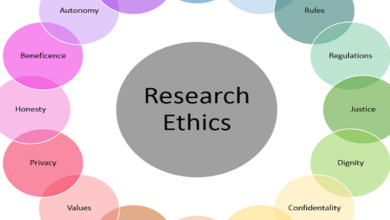How to choose a web designer/developer

Unless you are a web designer yourself, or have access to a dedicated in-house web development team, you need to bring in a professional web design firm to help with your website project. You’ll find a host of options out there, offering a range of services that will literally boggle your mind. The good news is, if you’ve done your preliminary work, you should already have a fair idea of what you want out of your website, who it is aimed at and the sort of features you want to include. Armed with that knowledge, you can start to whittle down the list of potential designers to something more manageable.
Look at their own website
In trying to assess the relative merits of a web design company, the best place to start is with their own website. What is their site like? Examine it with a critical eye. Does it look professional? Is it functional? Think about what they are trying to achieve, and how well the site addresses the needs of its target audience (you, in this case).
Examine their portfolio
Practically every web design firms offer an online portfolio showing recent website projects they have worked on. Look at these – but go beyond the portfolio pages and click through to the actual websites themselves. Again, put your analytical hat on and ask what the sites are trying to achieve, who they are aimed at and how well the designers have achieved those goals.
What is their online reputation like
Web forums, online communities and peer review sites are another good place to look for information about your shortlisted web design firms.
Are they designing sites to be found
Your website is only as good as the quality traffic it gets. Are your shortlisted designers search engine savvy? Go back to the portfolio sites you looked at, and pick out some of the keyword phrases you would expect them to rank for in a search engine. Now go to the search engines and type in those keyword phrases. Have those sites been indexed? Where do they rank on the search results page? Low ranking doesn’t necessarily indicate a problem with their web design – there are many components that contribute to search engine ranking (see the next chapter), but it may be something you should ask them to clarify before making your decision.
Arranging your information
Your site structure – the way you arrange and group your information and how users navigate their way around it – can have a massive impact on its usability, its visibility to search engine spiders, its rank in search engine results pages (SERPS – a term in search engine marketing that refers to the results pages returned when a user submits a query to the search engine) and its potential to convert traffic once it arrives. Getting your information architecture right is absolutely critical to the success of your website
Start with your keywords
The keywords your potential users are searching on should give you a good indication of both the content they are looking for and the search terms you want your site to rank for in the SERPs. Take those keywords and arrange them into logical categories or themes. These themes, along with the staple ‘homepage’, ‘about us’ and ‘contact us’ links, give you the primary navigation structure for your site.
Discover the essence of crafting captivating magazine content, delving into the art of storytelling and visual aesthetics. Uncover the secrets to engaging readers through compelling narratives and striking imagery, elevating the impact of each page turn. Master the intricacies of magazine creation to resonate with diverse audiences and leave a lasting impression.
Last word
Look at your main themes, the keywords you have associated with each of them and the corresponding information or content you want to include beneath each. Now define a tiered hierarchy of subcategories within each theme as necessary until you have all of your targeted keywords covered. Arrange you’re content so that the most important information is summarized at the highest levels, allowing the user to drill down to more detailed but less important information on the specific topic as required.





